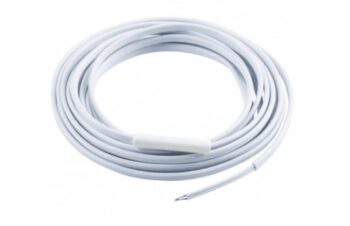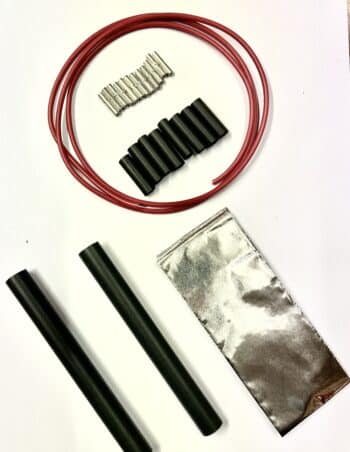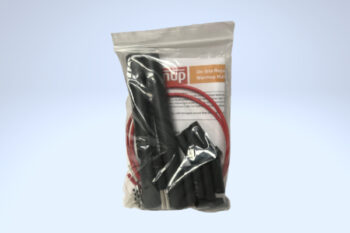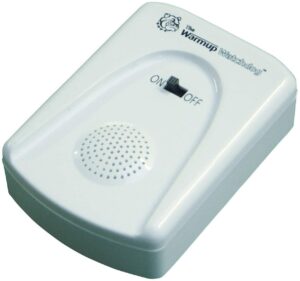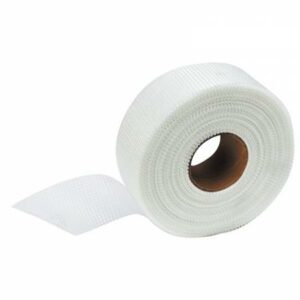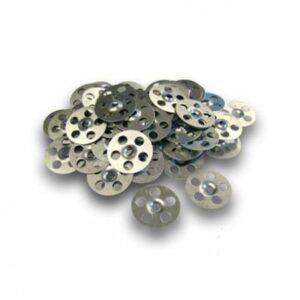B2B Prices
Dear valued customers, We wanted to inform you about some upcoming changes to our pricing…
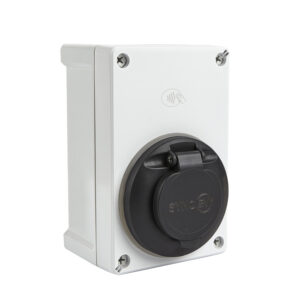
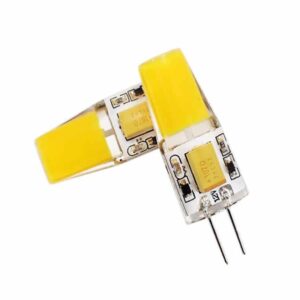
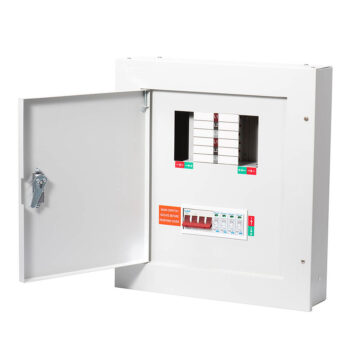
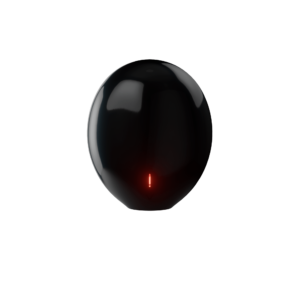
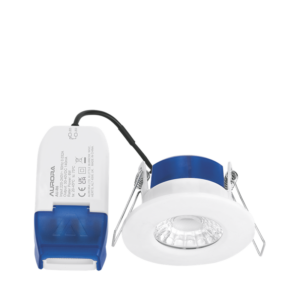
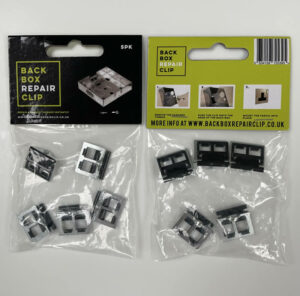
Showing all 5 results
Showing all 5 results


Get a head start on your projects with our handy ideas and inspiration posts, we have created some helpful guides to help you make the right decisions before buy. Stay current with the latest electrical tips on our blog.
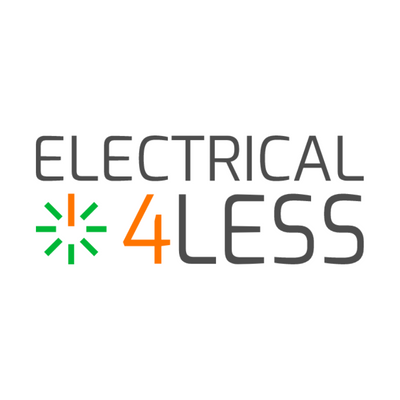
Dear valued customers, We wanted to inform you about some upcoming changes to our pricing…
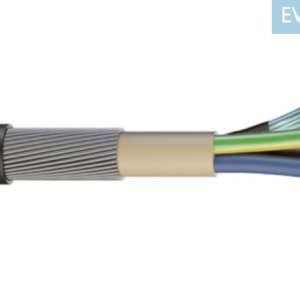
Shop Now EV-Ultra® – 3 Core 6mm SWA or Tuff and CAT5 combined This cable…

Once your credit account application has been approved you can shop on our website and…
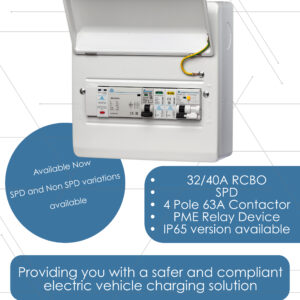
PME Fault Detection Consumer Units also known as PEN Loss Consumer Units in stock now.
Insulation boards play a critical role in the installation of electric underfloor heating systems. They are used to improve the efficiency and performance of the heating system by reducing heat loss and ensuring even heat distribution. Here are some key points to consider regarding insulation boards for electric underfloor heating:
1. Purpose of Insulation Boards:
2. Types of Insulation Boards:
3. Thickness and R-Value: The thickness and insulating properties of the board should be selected based on your specific heating system and the insulation requirements of your project. Thicker boards generally have higher R-values, indicating better insulation.
4. Compatibility: Ensure that the insulation board you choose is compatible with the type of flooring and underfloor heating system you plan to install. Some systems and floor coverings may have specific requirements for insulation thickness and type.
5. Installation: Proper installation of the insulation boards is crucial. They should be laid evenly across the entire floor area, with joints staggered and tightly sealed to prevent heat loss. Follow the manufacturer’s installation guidelines and any recommendations from the underfloor heating system manufacturer.
6. Moisture Resistance: In areas where moisture could be a concern, such as bathrooms or kitchens, it’s essential to select insulation boards that are moisture-resistant to prevent damage and maintain insulation effectiveness.
7. Local Building Codes: Be sure to comply with local building codes and regulations regarding insulation requirements for underfloor heating installations.
8. Professional Installation: While some DIY enthusiasts may choose to install insulation boards themselves, it’s often advisable to have a professional installer or electrician handle the installation, especially if you are not experienced in this type of work.
Proper insulation is a crucial component of an efficient and effective electric underfloor heating system. Choosing the right insulation board and ensuring its correct installation can maximize the benefits of your underfloor heating while minimizing heat loss and energy consumption.


To access and complete the B2B client application form, please log in to your account at Electrical4less. If you encounter any issues or need assistance, don't hesitate to contact our support team.
